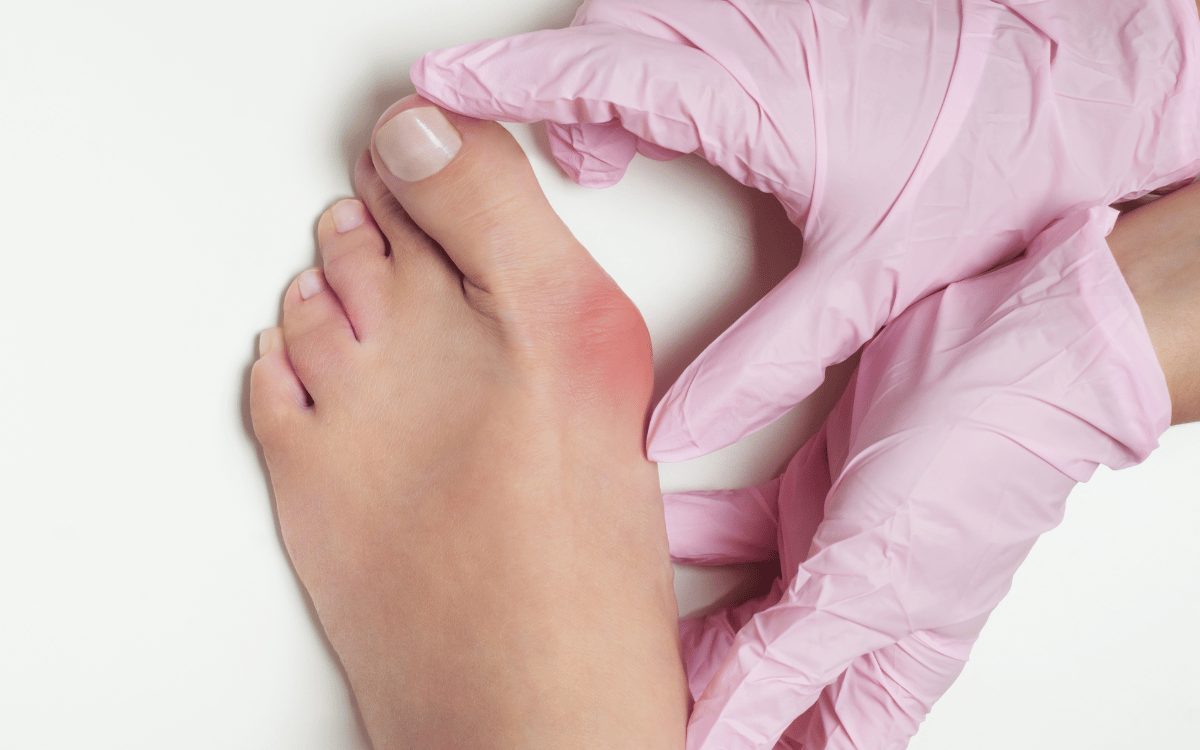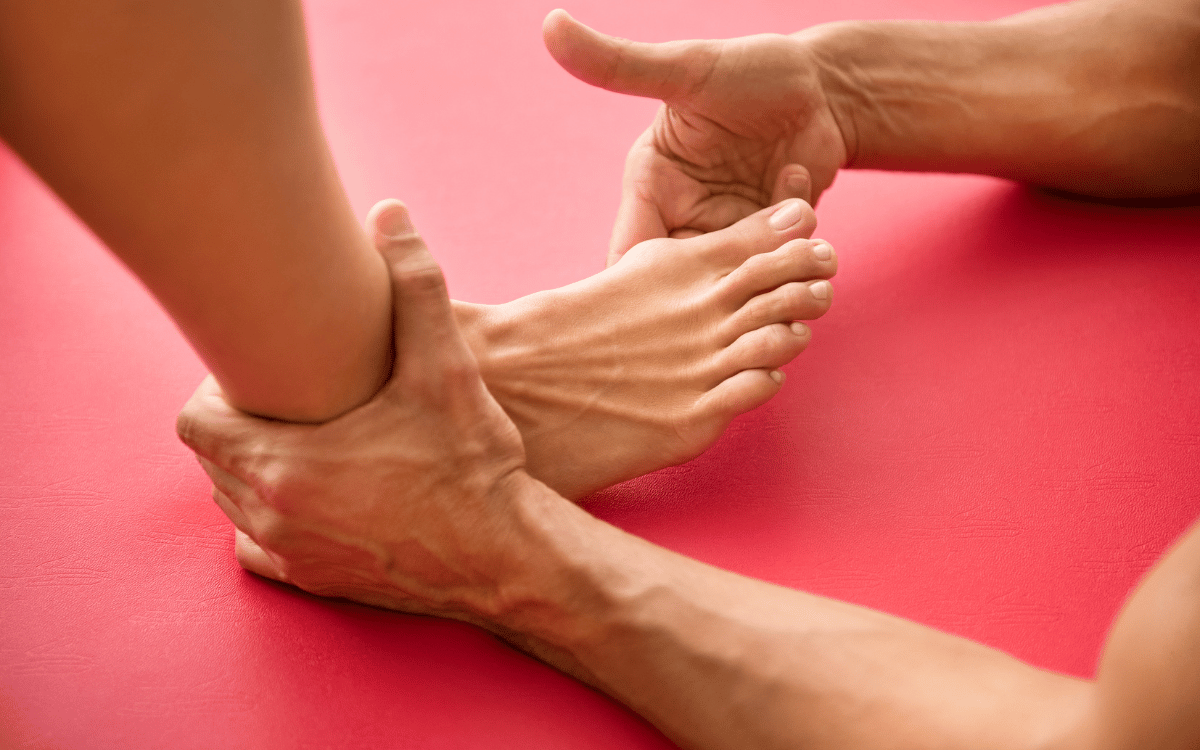Will a bunion get worse if it is left untreated?
Make sure you check out this video to find how we can help you.
Book Your 65% Off Expert Foot Pain Assessment – Click here
by Daniel Fitzpatrick | Sep 13, 2021 | Common Foot Problems, FAQ, Foot Pain, Videos
Make sure you check out this video to find how we can help you.




Bunions, or hallux valgus, develop due to a combination of genetic and environmental factors. They occur when the big toe deviates towards the second toe, leading to a bony protrusion on the foot's side. Common symptoms include pain, swelling, and difficulty wearing shoes, which can significantly impact daily activities.
Factors contributing to bunion formation include inherited foot structure, arthritis, and prolonged wear of ill-fitting footwear. For instance, high heels or narrow shoes can exacerbate the condition, causing discomfort and worsening the bunion over time. Recognizing these symptoms early can help in seeking timely treatment.
Neglecting to treat bunions can lead to a range of complications, including chronic pain, joint stiffness, and the development of other foot deformities. As the bunion grows, it may cause misalignment of the toes, leading to further issues such as hammertoes or metatarsalgia.
Moreover, untreated bunions can affect your overall mobility and quality of life. Activities like walking or exercising may become increasingly painful, prompting some individuals to limit their physical activities. Early intervention is crucial to prevent these complications and maintain foot health.
There are various treatment options available for bunions, ranging from conservative measures to surgical interventions. Initial treatments often include lifestyle changes such as wearing appropriate footwear, using orthotic devices, and engaging in foot exercises to alleviate pain and slow progression.
In more severe cases, surgical options may be considered. Procedures can involve realigning the toe or removing the bunion itself. Consulting with a podiatrist, such as those at Sydney Foot Solutions, can provide personalized recommendations based on the severity of the condition and the patient's lifestyle.
Preventing bunions involves adopting smart footwear choices and practicing good foot hygiene. Opting for shoes with a wide toe box, low heels, and proper arch support can significantly reduce the risk of developing bunions. Regular foot exercises can also help maintain flexibility and strength.
Additionally, it's important to be mindful of any foot pain or discomfort. Early intervention and adjustments to footwear can prevent the development of bunions. Regular check-ups with a podiatrist can also help monitor foot health and address any emerging issues promptly.